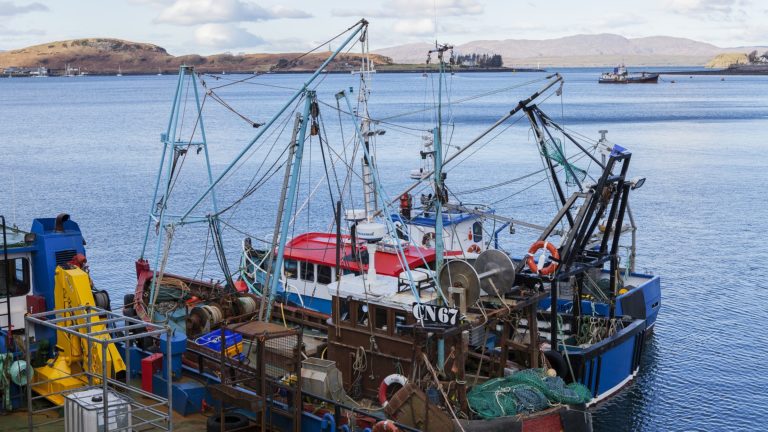
The northernmost country in the United Kingdom, Scotland is a land of mountains and glens, myths and legends, unspoilt white-sand beaches and fishing ports. Also famous for the best whisky in the world. With the cold waters of the North Sea to the east stretching to Norway and to the north west nothing until Iceland and the Arctic Circle, Scottish fishermen have access to some of the best fishing grounds in this part of the world.
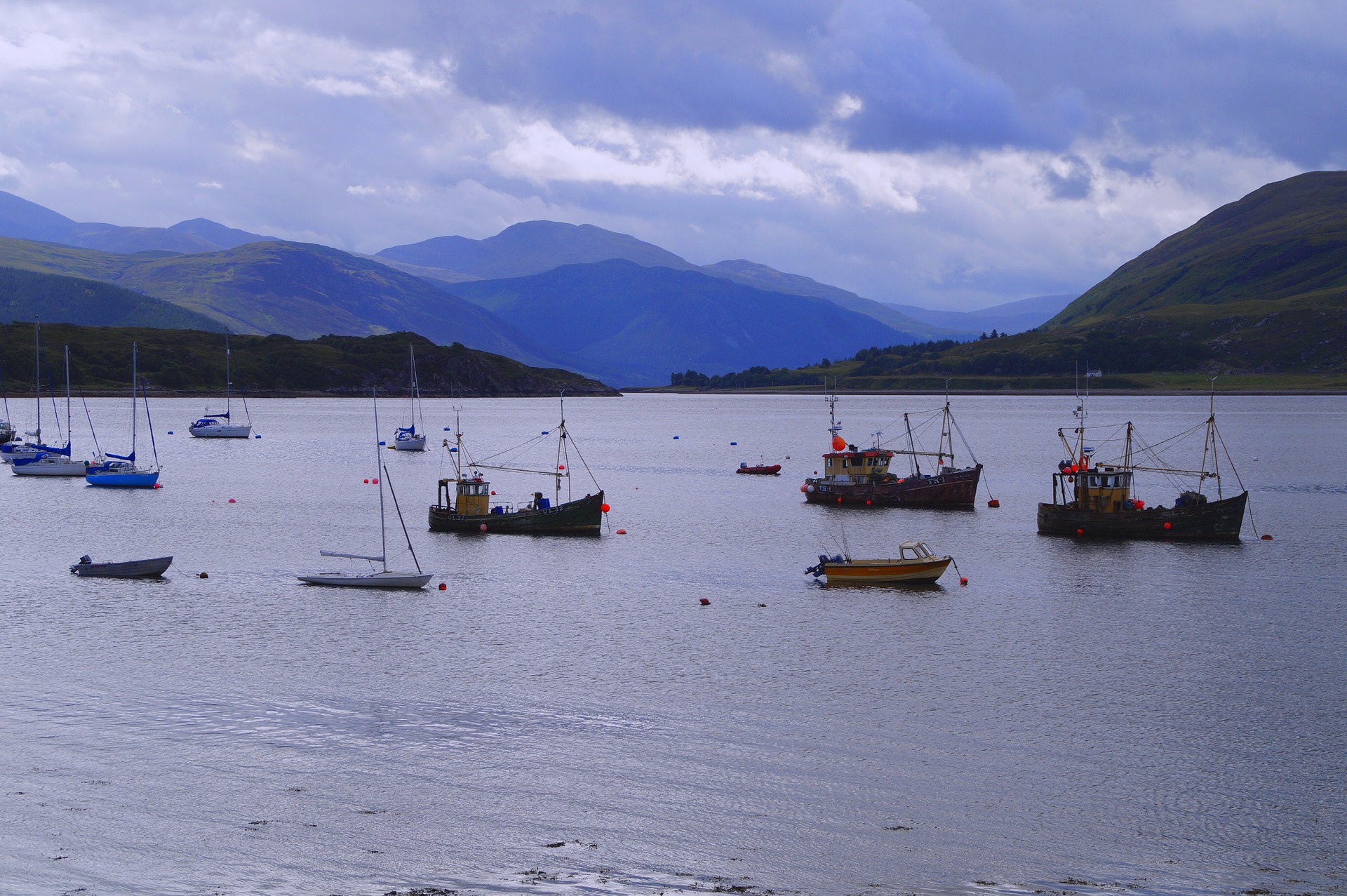
Species such as cod, haddock and halibut have been abundantly available along with shellfish such as scallops and langoustines. But Scotland is particularly renowned for its herring, which at one point in time used to literally jump out of the water! Herring are traditionally smoked and sold as a breakfast dish as kippers and are often exported into Europe.
During the 1980’s the Scottish fishing industry was enjoying a period of rapid expansion and bumper catches. The European Union was giving grants to boat owners to upgrade their vessels and bigger and better trawlers were taking to the water. Boats were working continuously seven days a week, often returning to port with the catch, changing crew and going straight back to sea.
The cost of running a large trawler was huge but this didn’t matter because the fish were there and the demand in the market was driving prices up. Some entrepreneurial fisherman would have two boats working in tandem with huge nets covering twice the area and would, quite literally, empty the sea of all the fish in that area. It didn’t matter the size or the species, it was all being dragged up.
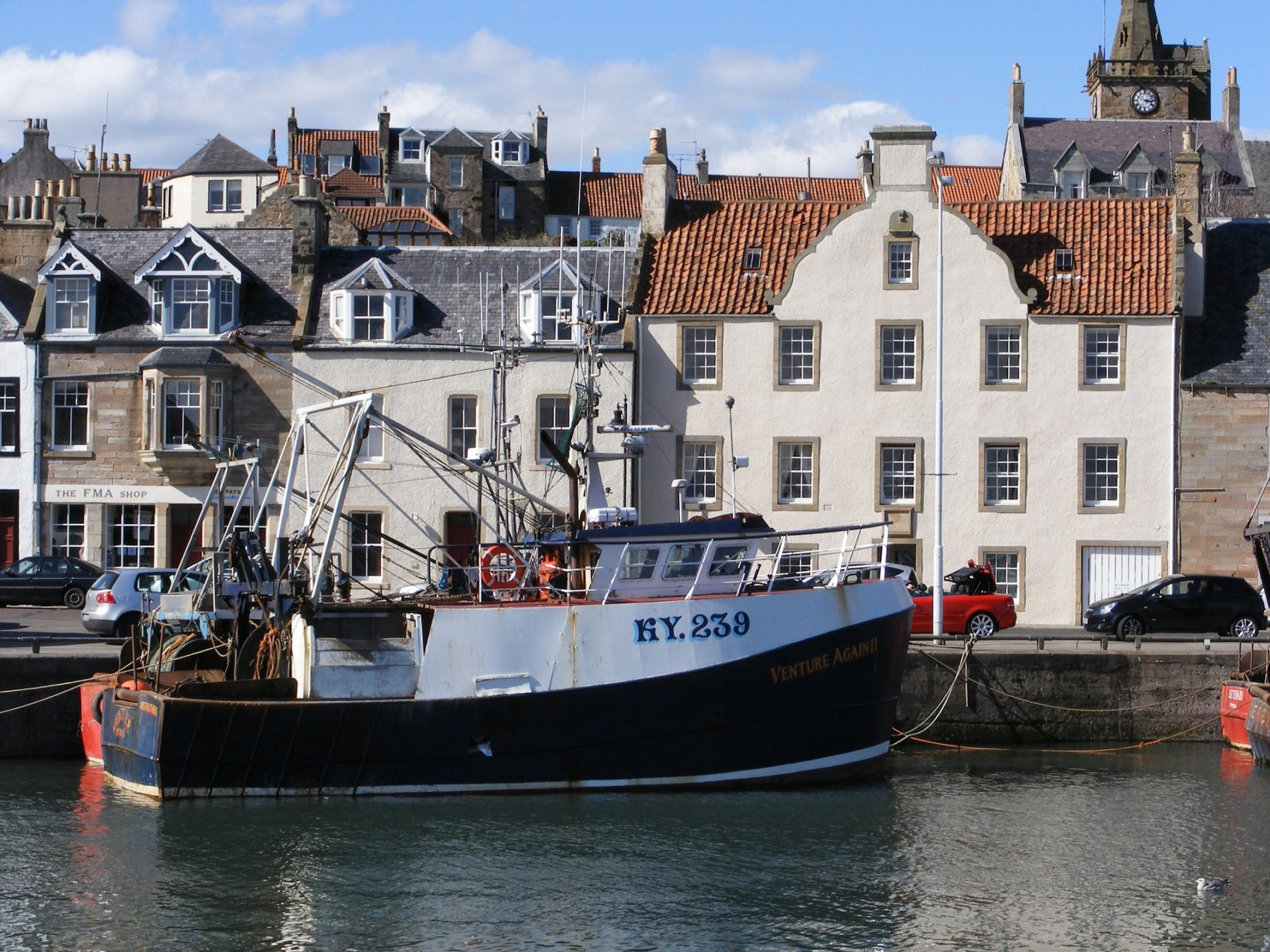
The Scottish fishing fleet became the largest in Europe. However, by the early 1990’s it became apparent in Scotland, as well as other areas around the British Isles that had enjoyed a boom during the ‘80’s, that the fish were no longer there. The traditional fishing grounds and breeding grounds had been decimated. Cod, that staple of British fish and chips, was almost extinct.
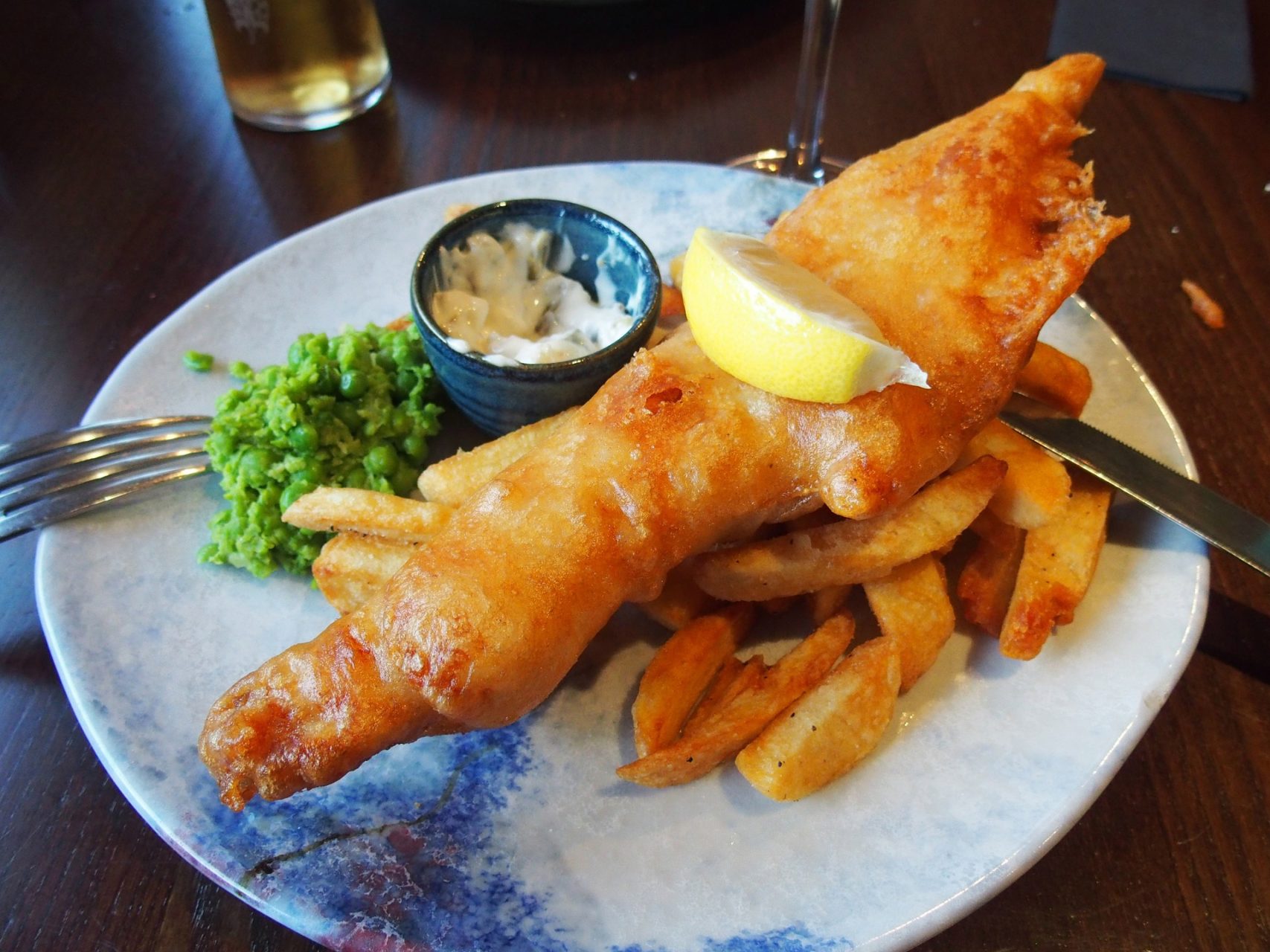
Serious action needed to be taken, and it was taken. The European Union governing the Common Fisheries Policy withdrew grants for trawlers, introduced quotas, limited the number of days at sea and encouraged a new trawler scrappage scheme. The fishermen were being paid to scrap their beloved boats that only a few years earlier they had been issued grants to build.
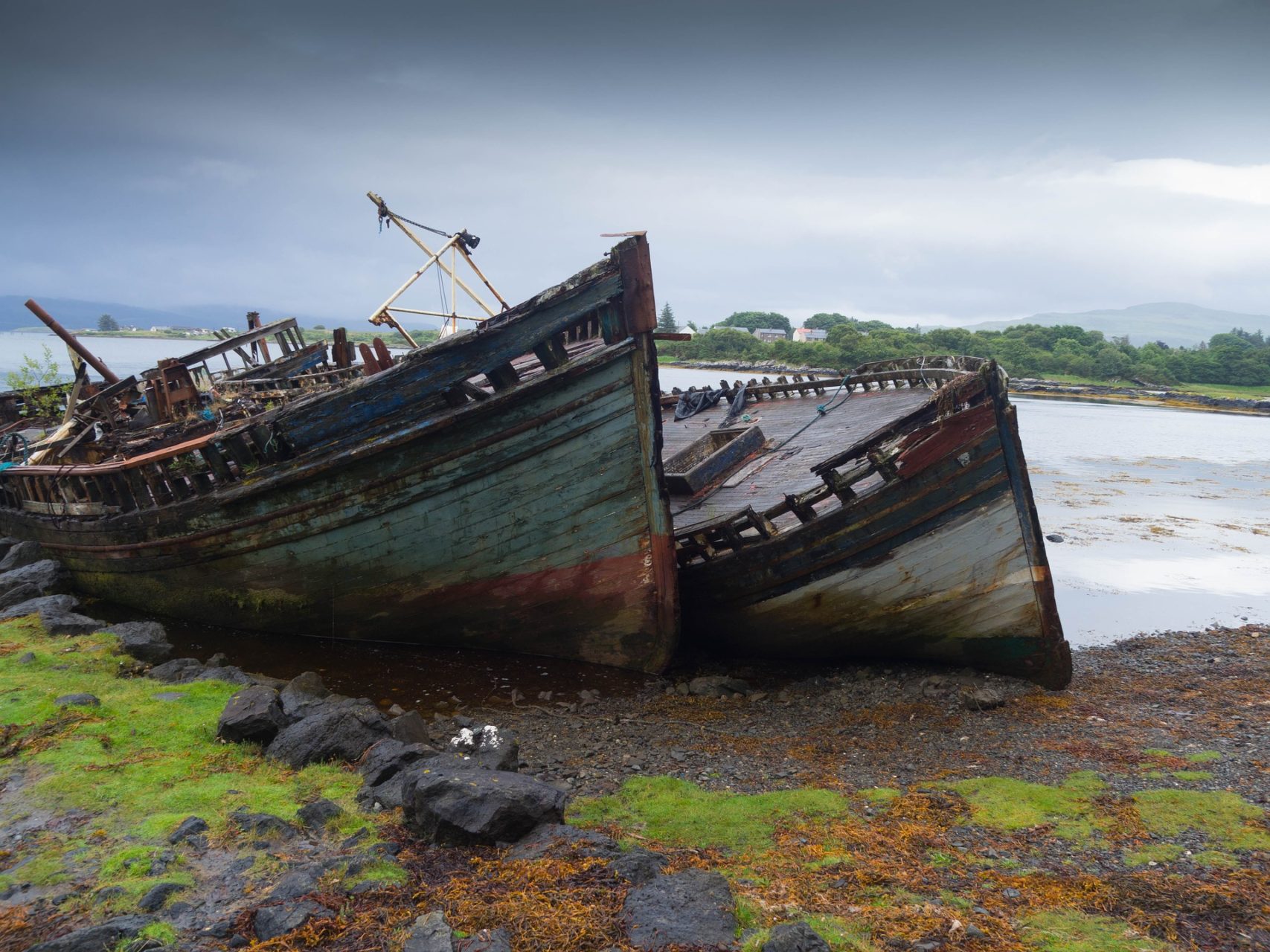
The EU has often been blamed for being the destroyer of the domestic fishing industry because British waters had been opened to the European fishing fleet. There has been for many years a conflict over access to fish stocks by Spanish and French boats and the Scots and the English have been very protective over their territorial waters and the fish that they believe belong in their nets. Unfortunately, the humble haddock has no recognition of international borders.
Quotas were further reduced, fish stocks started to recover and the fishing fleet became smaller to the point whereby many traditional port towns died. The fishing industry became divided with many fishermen feeling bitter about their loss of livelihood and fingers were pointed at the European Union for its harsh imposition of quotas.
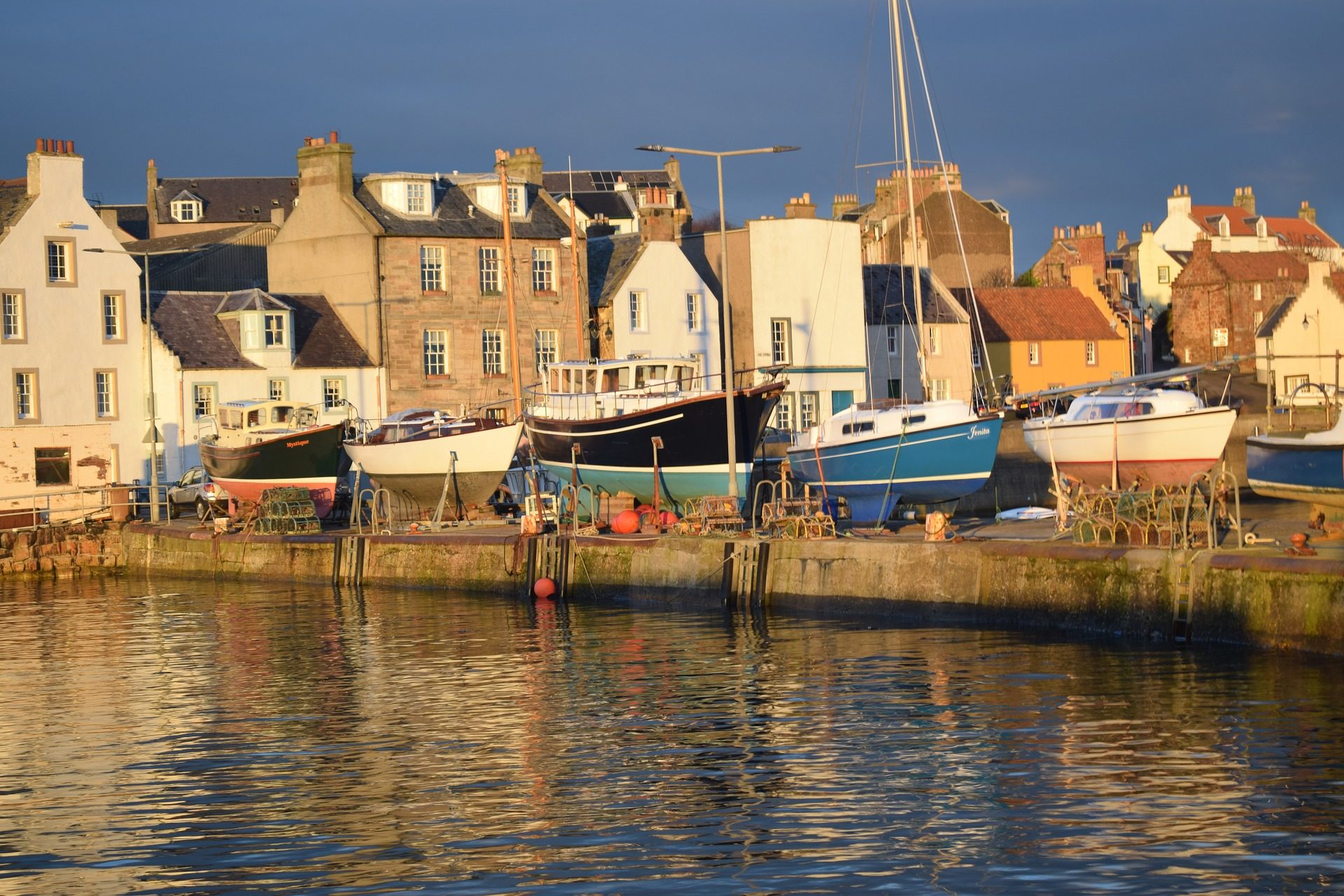
On the other hand fish stocks have recovered and once again there is a viable fishing business in Scotland. In 2016 everything came to a head with a referendum on the United Kingdom’s membership of the European Union and as yet the political turmoil surrounding Brexit is far from over.
As of January 1st 2021 the UK has left the EU. A deal was struck between the British government and the European commission at the last possible moment, one week before the UK would have left without any trade deal in place.
The major sticking point in reaching agreement between the two sides was the access to British fishing grounds. Boris Johnson claimed victory and said that the agreement was his Christmas gift to the fishing industry – but was it? Now that Brexit has been accomplished the Scottish fishing industry has ground to a halt. So what went wrong?
Two words – Bureaucracy and Covid. The latter we know all about. Lockdowns and closures, particularly in the hospitality sector, have dramatically reduced demand for fresh fish but that will pass and restaurants will open again. The bureaucracy, however, is causing a bigger issue.
Traditionally much of the Scottish catch is exported to Europe, above all France and Spain, with langoustines and scallops being the main products. Under the terms of the Brexit agreement there should be tariff-free trade between the UK and Europe but there are other new regulations including increased paperwork and a health check from a government appointed inspector.
Unfortunately the government has not appointed enough inspectors. Langoustine and scallops are exported as a live product and as such achieve the maximum price but delays in inspections and providing paperwork at the European ports means the stock is being delayed by upto three days, by which time it is dead and worthless. Fish stocks are literally rotting on the quayside. As a caterer I find this situation absolutely criminal, any food stock should never be treated in this way. Pre-Brexit the delivery time from boat to French market was one day.
There is also an additional cost involved with the paperwork which is either adding to the price in the market or cutting the profit margin for the supplier. One exporter of Scottish fish to Europe reckons to pay an additional 500 British Pounds per day in paperwork. Obviously he hopes these are only teething troubles and will be resolved because if not he will have to question the viability of his business.
Some of the Scottish boats have started landing their catch in Denmark or Ireland, giving them direct access to Europe but this is then cutting out the British processing plants. The idea of Brexit for the fishing industry was for them to gain control over territorial waters and their own quotas, keeping jobs within the UK and being able to export their catch easily. Currently in the first weeks after Brexit as much as one third of the Scottish fishing fleet is tied up. British newspapers are full of headlines such as “catastrophe”, “betrayal” or “fishing industry at a standstill”
Interestingly as a separate country of the UK, Scotland did not vote in favour of Brexit but has had to abide by the majority decision. We can only hope that the situation improves rapidly and that the powers-that-be in Westminster sort out their hastily assembled, poor deal – after all they only had four years to get it right!